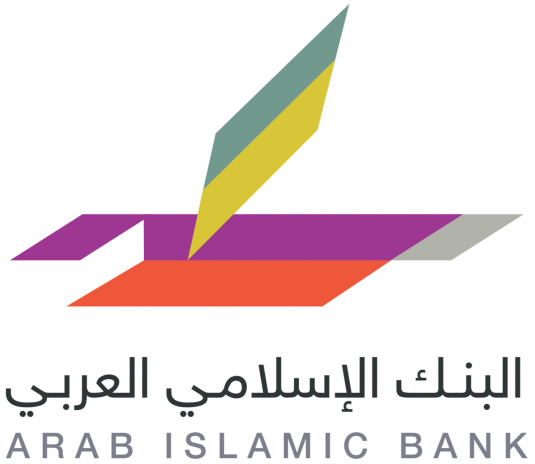By Use Case
By Industry
By Department
Case Study: Banking / Insurance
Find more case studies
Founded in 1995 in al-Bireh, the Arab Islamic Bank (AIB) now has more than 500 employees and is one of the largest financial institutions in the Palestinian Territories. Its 18 branches in the West Bank and Gaza Strip serve both corporate and private customers. The monetary transactions are conducted in accordance with Islamic tradition, which includes playing a social role. For example, a percentage of the company's profits are spent on charitable projects, such as supporting schools or hospitals. An electronic document management system (DMS) is used company-wide for efficient archiving of all receipts.
Before introducing a DMS, each branch had its own paper archive. As a consequence, the customer service staff at the counter was often unaware of which customer documents were already available and which ones were still needed to request as new ones. For example, when someone was applying for a loan, a payroll was needed, along with collateral information, like personal records. Some of these were already available but stored in another branch. Thus, the customer was often asked several times for the same information or the documents had to be requested externally. Considering that AIB does hundreds of transactions every day, this always led to some kind of delays. Another challenge came when approving documents across departments. Contracts and applications are reviewed by various departments. The shifting around of paper documents, especially between a branch and their headquarters, was far from efficient.
We no longer spend time searching because DocuWare neatly lists all documents for each transaction. Decisions are made more quickly, processes are completed earlier. For us as a bank, this means lower costs per transaction; for our customers, it means greater satisfaction.
Ammar Khudairi
IT Manager, Arab Islamic Bank, al-Bireh (Palestinian Territories)
DMS works hand in hand with core banking solution
AIB began looking for a solution and ultimately opted for DocuWare: Two main reasons for choosing DocuWare was its seamless connection to the core banking system, iMAL Path Solutions, as well as the experience of the local Authorized DocuWare Partner. In addition, the training required for employees was minimal: Since AIB employees simply access DocuWare via iMAL, they were able to work from the outset with the same core banking system they all knew best.
When specific documents are used for a transaction, such as the opening of a new account, the solution simply adds a customer-specific barcode when printing them out. After everything is signed, they are scanned. DocuWare uses the barcode to recognize the customer and other index terms and archives the documents together in a fully automated manner. If a customer later decides to buy additional financial products, customer service staff can identify which additional documents might still be needed.
The coexistence of the systems is crucial: on the one hand, the core banking shows the list of required documents, and on the other, employees see existing documents stored in DocuWare – all in the same mask. Coordinating cross-departmental approvals is much easier today, too, because all customer related documents regardless of their source are archived and made available to all authorized personnel. Documents can also be accessed via the DocuWare interface, where more specific searches are possible - in both English and Arabic.
Digital file cabinet speeds up processes
Besides the time saved in filing and searching, the main impact can be seen in their overall business processes. This is a key benefit of the solution: no more time is lost searching for information, because DocuWare neatly lists all records for each transaction. DocuWare also makes it easy for the bank to meet all strict data protection regulations and stay on top of revisions. The core banking program logs each transaction with a specific ID, which is then used by DocuWare to determine the access rights for all documents. If the customer makes a request for a transaction, the linked documents are compiled at the touch of a button and handed to the customer in copy.
Get your free, zero-commitment, personalized demo of DocuWare and discover how document management and process automation can help drive digital transformation for your organization.